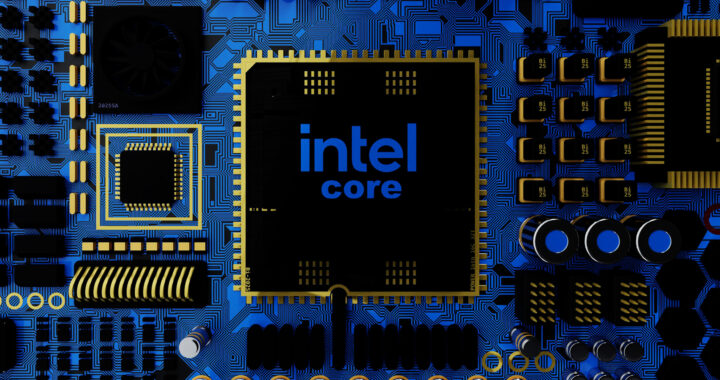Intel is not new to product issues. The semiconductor company has been criticized for its various mishaps in the past. These include setbacks in newer-generation process nodes or manufacturing technologies that resulted in product delays, the impact of the global chip shortage and supply chain disruptions, and various security vulnerabilities. The more recent and most impactful issue of Intel is the instability and degradation issues affecting certain models of its Raptor Lake or 13th generation and 14th generation Intel Core i7 and Intel Core i9 processors. The media and general public have dubbed these issues as the Intel CPU Scandal.
Explaining the Intel CPU Scandal: Background, Causes, and Impacts of the Instability and Degradation Issues Affecting 13th-generation and 14th-generation Intel Core Processors
Background and Initial Reports
Raptor Lake is the codename for the 13th-generation and 14th-generation Intel Core processors. It was first introduced in October 2022 and was based on a hybrid architecture made of performance cores and efficiency cores. The entire selection of processors under the two generations competes with the Ryzen 7000 series from AMD.
Included in the series are the top-tier and premium Intel Core i9 13900K and 13900KS and Intel Core i9 14900K and 14900KS. These CPUS were once considered as one of the most advanced and fastest processors designed and deployed for high-performance use cases like personal computer gaming and multimedia production.
However, beginning in February 2024, damning reports from users of the K variants of the 13th and 14th generations of Core i7 and Core i9 processors had surfaced online. These users complained about crashing issues in certain workloads or tasks like running and playing video games that use Microsoft DirectX 12.
The problem was initially linked to Nvidia GeForce graphics drivers. Nvidia rolled out a driver update in April 2024 and it turned out that the crashing issues are inherent and exclusive to the 13th-gen and 14th-gen Intel Core processors. Suggested workarounds include underclocking or applying power limits to the affected processors.
Investigating the Exact Causes
Intel has been investigating the exact cause of the crashing issues. The company has also promised to roll out fixes and solutions. It has now been established that these issues represent processor instability and degradation. Raptor Lake Intel Core processors with a Thermal Design Power of at least 65 watts are particularly affected.
Results of the investigations revealed that the exact causes of the instability and degradation of Intel processors stem from the flawed microcode. This microcode is responsible for managing how the processor operates, and how it handles power and voltage. The specific flaws center on drawing excessive voltage that results in overheating.
Intel has also noted that affected Intel processors are unable to manage voltage correctly because the thermal and power protection mechanisms in the BIOS/UEFI are disabled by motherboard manufacturers. This allows the processors to run at higher voltage and frequencies for extended periods during heavy workload scenarios.
The aforementioned causes of the instability and degradation of Intel Core processors result in significant performance degradation during demanding workloads. Excessive and unmanaged voltage for extended periods can result in overheating and further in a shorter lifespan or potential permanent hardware damage to the chips.
Damning Consequences to Intel
Intel has grappled with a public relations nightmare due to the entire Intel CPU scandal. The return rate for the 13th-gen Intel Core processors is reportedly four times higher than the previous gen. 14th-gen processors have a return rate three times higher than the 12th-gen. This is indicative of widespread impact and declining customer trust.
Several video game developers like Alderon Games have publicly criticized Intel for its defective processors. A sizeable number of users have to forums and social media to share their experiences. Some critics slammed Intel for initially focusing on motherboard settings rather than addressing the underlying microcode issues.
There is also a perception that centers on the notion that Intel has been focusing on performance at the expense of stability. Some have noted that the issue might be aligned with other issues haunting the semiconductor company. These include allegations that it has inflated over 2600 benchmark scores for several Intel Core processors.
Intel does not only face a decline in sales and loss of consumer trust. The company has announced plans to cut thousands of jobs to reduce costs and recover value amid declining sales and a negative earnings outlook. The stock price of the company has experienced a steep decline from March 2024 as investors become pessimistic about its future.
